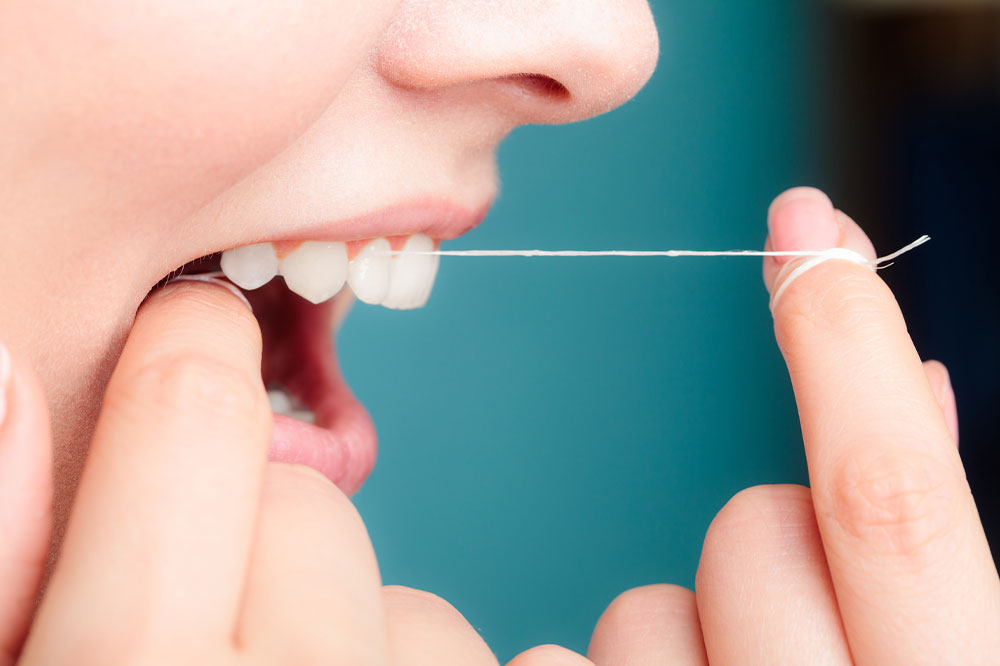5 simple tips for better oral hygiene

Maintaining oral hygiene is an important aspect of your overall health care routine, and just brushing and flossing does not ensure it. Going for routine dental checkups, making a few lifestyle and dietary changes, and regularly monitoring your pearly whites reduce the risk of mouth and teeth problems like decay, gum disease, gingivitis, and chipping of the teeth enamel. While some signs of a developing oral health issue are obvious, many others may go unnoticed until it’s too late.
Pay attention to these common signs of mouth and teeth related problems and follow an effective oral hygiene routine to prevent these issues in the first place.
Look out for any physical signs of teeth decay
Regularly check for signs of persistent bad breath, plaque and tartar buildup, or red and swollen gums that may indicate a developing infection. Noticing these visual indicators early helps understand the problem so that you can book an appointment for a dental checkup. Periodic dental checkups should anyway be part of your health care routine to ensure proper mouth and teeth care.
Check for broken or chipped teeth
Several things can chip your teeth and expose the dentin. In many cases, you might not even notice it, as it doesn’t necessarily cause pain. Only a thorough visible inspection can identify broken and chipped teeth and exposed dentin. Immediate medical attention is advisable as there are high chances of a tooth getting infected when the dentin is exposed. There is also a risk of serious fracture complications, exposing the nerves and blood vessels around the injured area.
Ensure oral care at home
Ensure that you regularly brush, rinse, floss, and gargle to prevent plaque and tartar buildup. Also, clean your tongue thoroughly as plaque can just as easily accumulate on the tongue. Remember, prevention is better than cure, so use a quality fluoride toothpaste and a special bristle brush designed specifically to reach those tough spots. Fluoride helps prevent tooth decay and protects the enamel. Also, brush after every meal, if possible, to prevent food particles from accumulating in the gaps.
Incorporate a few lifestyle changes
Certain beverages like coffee and strong-colored acidic drinks can damage the enamel, so avoid consuming them regularly. Additionally, smoking affects gum health and can severely affect the healing of tissues after a dental procedure. It’s advisable to quit the habit to prevent an infection and also improve overall health.
Go for routine cleaning
Go for a professional cleaning from time to time. Your dentist will perform scaling and polishing to remove debris clinging to the molars, which can trigger a gum infection if left unchecked. Professional teeth cleaning also helps retain that shine and prevents the buildup of harmful compounds.
Remember, dental care does not stop at just getting a routine checkup. A major part of mouth and teeth self-care must be done at home by practicing these simple oral hygiene techniques regularly.

